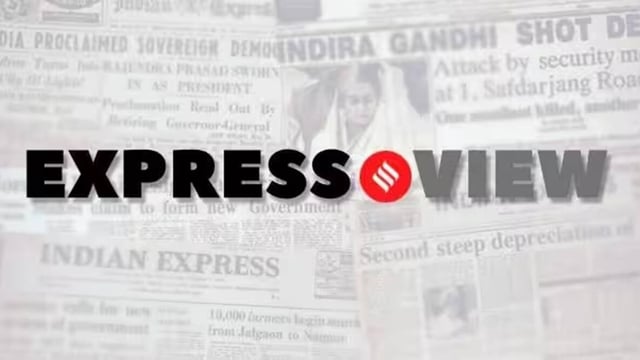Overview
- After Presidential assent on August 22, the law prohibits all online games played for money or convertible credits regardless of skill, and bars advertising for such services.
- Penalties include up to three years in prison and a ₹1 crore fine for offering or facilitating money games, and up to two years and ₹50 lakh for unlawful advertising, with offences cognisable and non-bailable.
- CERT-IN has been tasked with blocking apps that continue to offer banned services, and authorities may pursue offshore operators, while the government readies a central regulator for e-sports and social games.
- Major platforms including Dream11, MPL, WinZO, Zupee and PokerBaazi have halted paid contests and blocked new deposits, assuring users of wallet withdrawals; Dream11 told users deposit balances would be returned by August 29.
- Industry responses have diverged, with reports of some firms preparing court petitions even as Dream Sports and Gameskraft say they will not sue and will pivot operations; listed gaming stocks such as Nazara have continued to slide and Dream11 has informed the BCCI it cannot continue team title sponsorship.


